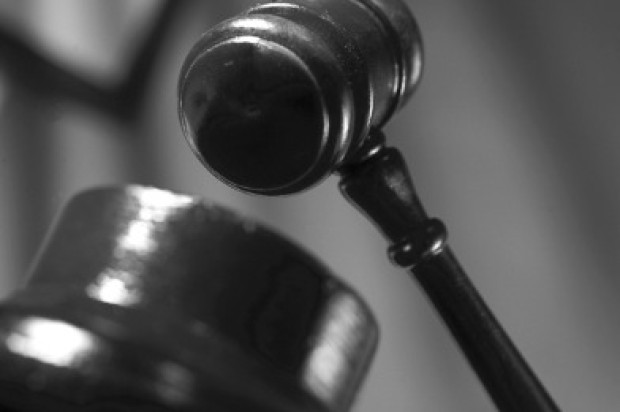
A San Francisco Civil Grand Jury report released Thursday examines why the CleanPowerSF program has taken over a decade to be developed and how, even as the city anticipates it to roll out in early 2016, some of the issues that have caused delay might further holdup implementation.
CleanPowerSF, a community choice aggregation system established in 2004 by the Board of Supervisors, is expected to launch in January 2016 and be administered by the San Francisco Public Utilities Commission.
CleanPowerSF will generate electricity from renewable sources such as wind, solar, hydroelectric, biogas and small-hydro.
When CleanPowerSF launches, almost 12 years after initial approval by city officials, San Francisco residents and business will have an energy option other than PG&E.
Jurors said they “discovered that political pressures were interfering with SFPUC’s ability to stick to its first priority-development of a financially viable program serving as many San Franciscans as possible with affordable clean power.”
The creation of CleanPowerSF is a result of the city’s plan to eliminate most of its greenhouse gas emissions by mid-century.
CleanPowerSF, the report states, will be small when it starts and will need to grow rapidly to meet the city’s timeline to reduce greenhouse gases.
The program is also designed to move all San Francisco PG&E customers onto CleanPowerSF with the option to opt out of the program and go back to PG&E at no charge, according to the SFPUC.
Jurors examined whether CleanPowerSF would be financially viable, stating that “CleanPowerSF still faces a challenge, in that it seeks to provide an inherently costlier product – green energy – at rates that are competitive with those charged by PG&E for a less “green” product.”
Up until 2013, CleanPowerSF had planned to bring 100 percent clean power to San Francisco customers, but the price of that service was expected to be higher than the price charged by PG&E, so CleanPowerSF will instead provide a mix of both renewables and conventional power, the report states.
CleanPowerSF’s default product is targeted to provide between 33 to 50 percent renewable energy, depending on the cost of these resources, with the exact percentage to be determined later this year, according to the jurors’ report.
Hannah Albarazi, Bay City News









